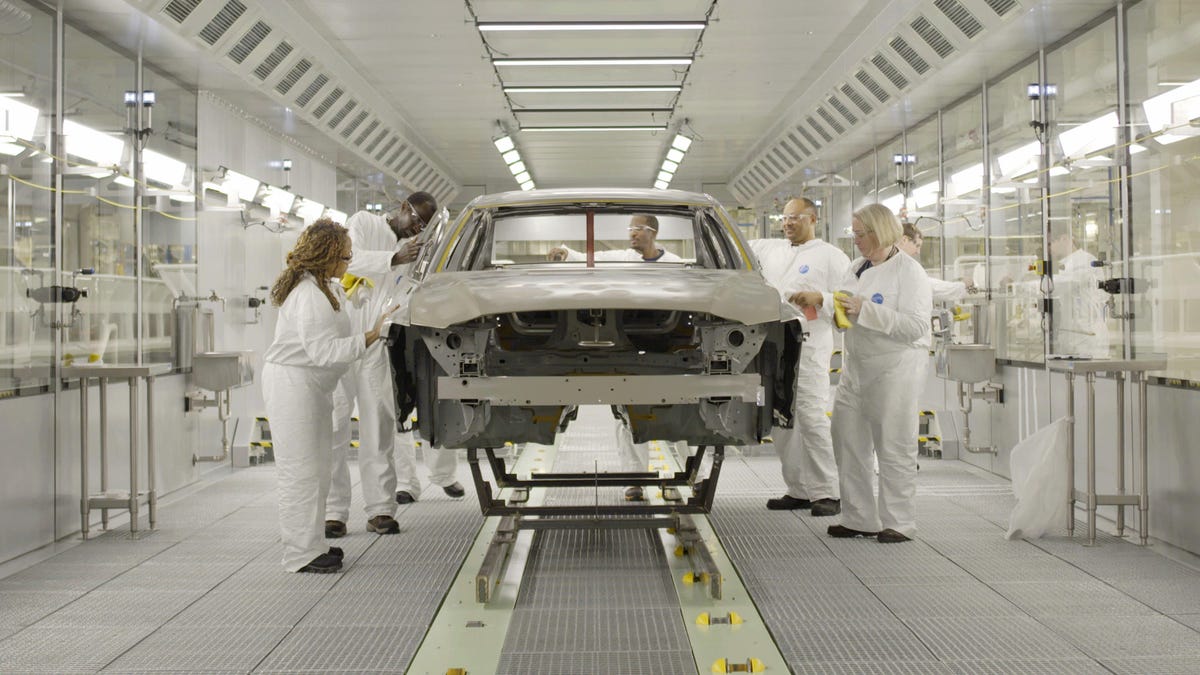China's US-built car tariffs will scale back starting Jan. 1
The tariffs will be suspended for three months while the two parties seek a new trade agreement.

On Dec. 3, President Trump tweeted that China intended to reduce its tariffs on US-built vehicles, but concrete facts regarding timelines and numbers were hard to come by. Earlier this week, we learned how low the tariffs will get, and today, we know when that will go into effect.
China intends to reduce its tariffs on US-built vehicles starting on Jan. 1, 2019, Reuters reports, citing confirmation from Beijing's finance ministry. The tariff reduction will be in effect for three months while the world's two largest economies attempt to hash out a new trade deal and put an end the current trade war. China's tariffs came after the US raised tariffs on Chinese-built vehicles to 27.5 percent.
Currently, US-built vehicles have a 40-percent tariff applied to them upon entering China, affecting 144 vehicles and components. That figure will reduce to 15 percent on Jan. 1. There's also a 5-percent tariff on 67 different automotive components that will also be scaled back for the same three-month period.
It didn't take long for one US automaker to put out a statement. "We are very encouraged by China's announcement today to reduce tariffs on US-produced vehicles to 15 percent," said Joe Hinrichs, Ford's president of global operations, in a statement. "We applaud both governments for working together constructively to reduce trade barriers and open markets. Last year, Ford exported nearly 50,000 US built vehicles to support the growing auto market in China."
That said, it's unclear if the damage done in the auto industry to date will (or can) be reversed. Ford already announced plans to cancel the Chinese-built Focus Active's US introduction, citing high tariff costs. Volvo mentioned that it may shift global production to prevent US-built S60 sedans from heading to China, incurring costly tariffs along the way. BMW signaled that it could move some SUV production to China to avoid tariffs, as well, but it has yet to make a concrete decision.

